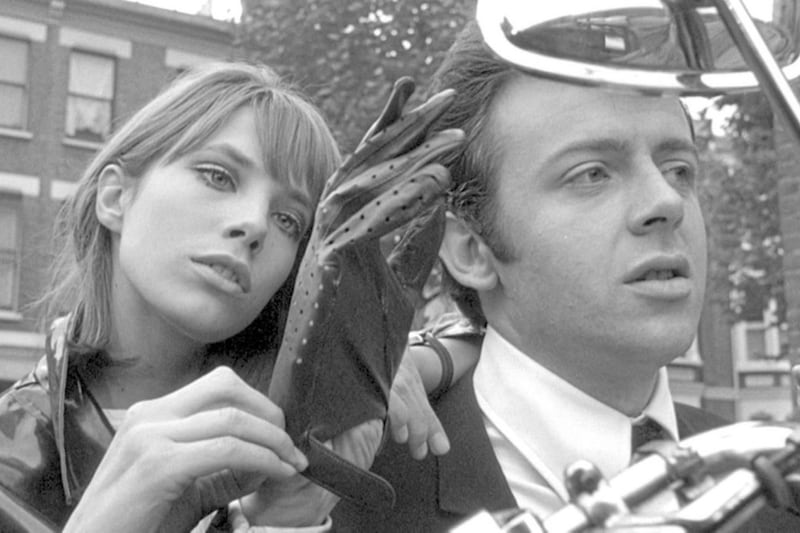I ONCE had the slightly dubious pleasure of interviewing Michael Winner for local television. The year was 1998 and the much derided director was promoting Parting Shots, a film so teeth-grindingly grim I couldn’t begin to list its failings here.
Given that I would have to skirt around the harsh truth of just how utterly awful his latest celluloid offering really was and considering the critical mauling much of his work had garnered down the decades, I thought I’d lighten the mood by mentioning an earlier film of his that I genuinely liked.
“I’m a big fan of The Jokers,” I said, referencing the 1967 comedy crime caper he made with Oliver Reed and Michael Crawford. Taking the unlit cigar that hung like a movie prop from his mouth, Winner leant in close, squinted at me quizzically and replied: “I really can’t think why, dear boy!”
Truth is, I was clutching at straws. For me, much of Winner’s work is cheap and tawdry. The Death Wish films were ugly and cold, his earliest work, like Some Like It Cool (1962) and You Must Be Joking (64), slight and uninvolving and the tripe he was churning out around the time of our meeting barely worthy of release at all. The Jokers, however, was different.
Fifty years old now, it stands up pretty well as a light and frothy product of its time. A swinging London adventure about a couple of well-heeled rebels (Reed and Crawford) who plan to steal the crown jewels just for the hell of it, the film rattles along at a mighty pace. A relentlessly upbeat and very silly caper movie, it’s great fun and pure escapism throughout its 94-minute running time. It’s as empty as an abandoned shopping trolly, of course, but the vacuous vibe is perfect for the time in which it arrived.
Reed is as rambunctious as ever as Michael Tremayne who’s just been thrown out of Sandhurst military school for insurrection. Once on the streets of London again he teams up with his apparently hard-working but equally tricky brother David (Crawford). Their plan is to strike back at the stuffy English establishment through a series of increasingly audacious pranks. The most outlandish of these is a plan to rob the queen herself and that’s where the brothers' relationship starts to unravel.
Winner shoots it all with a groovy lightness of touch, chucking in all the classic 60s effects like rapid editing, oddball angles and offbeat musical accompaniment. There’s only the odd slightly jarring moment of nastiness – such as when Reed’s burly brother gets stuck in with a little too much relish to a bystanding guard – that suggests the director had the ultra violence of Death Wish up his well-tailored sleeve.
I later interviewed Michael Crawford and brought the film up with him as well. He just smiled and signed a picture I had of him and Reed in all their swinging glory.
“I’m glad you liked it” he said. Now why couldn’t Michael Winner have just done that?





